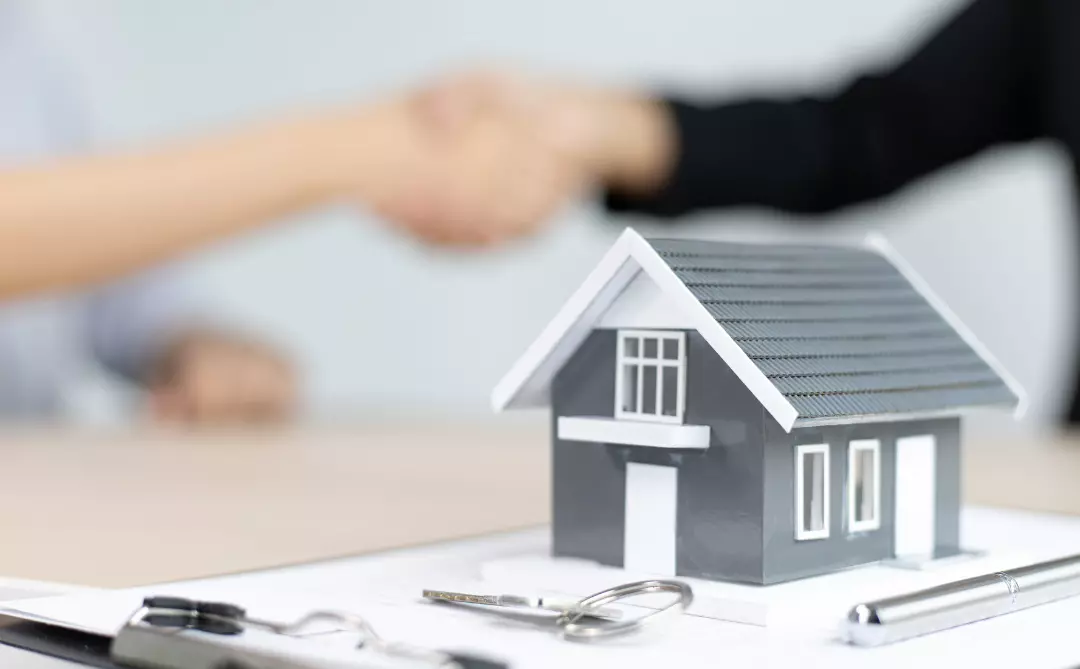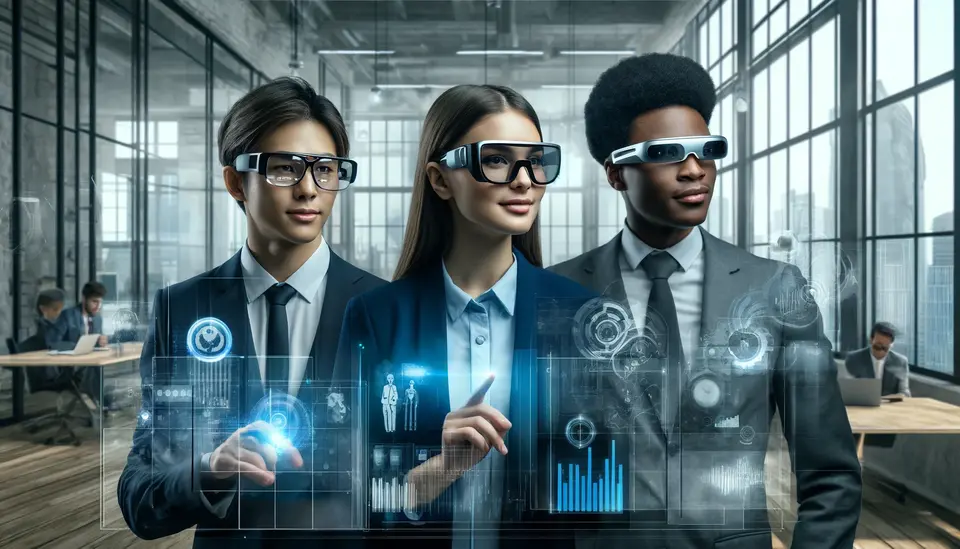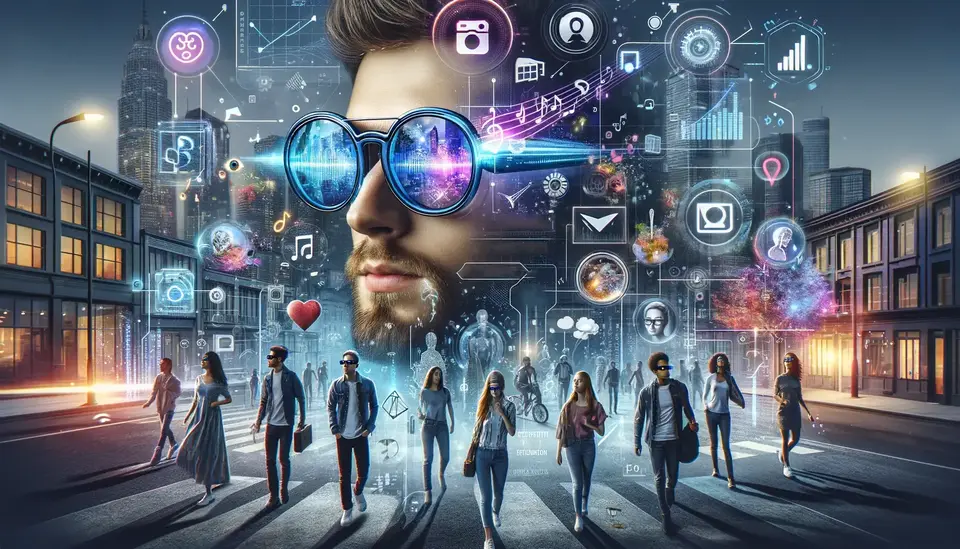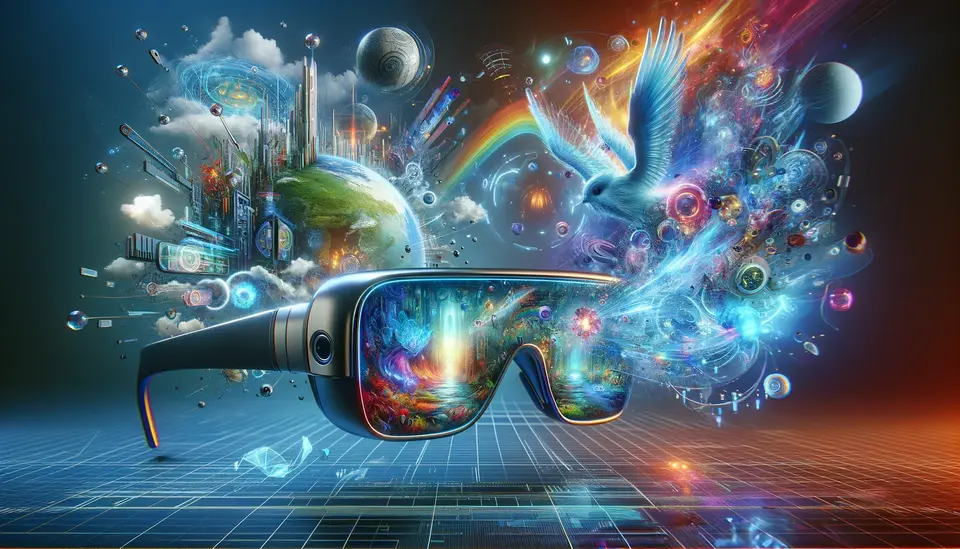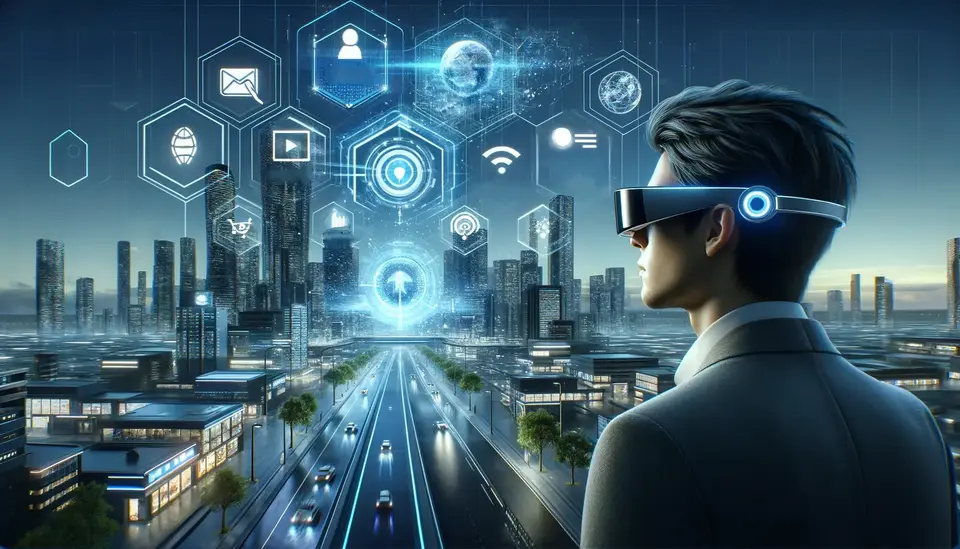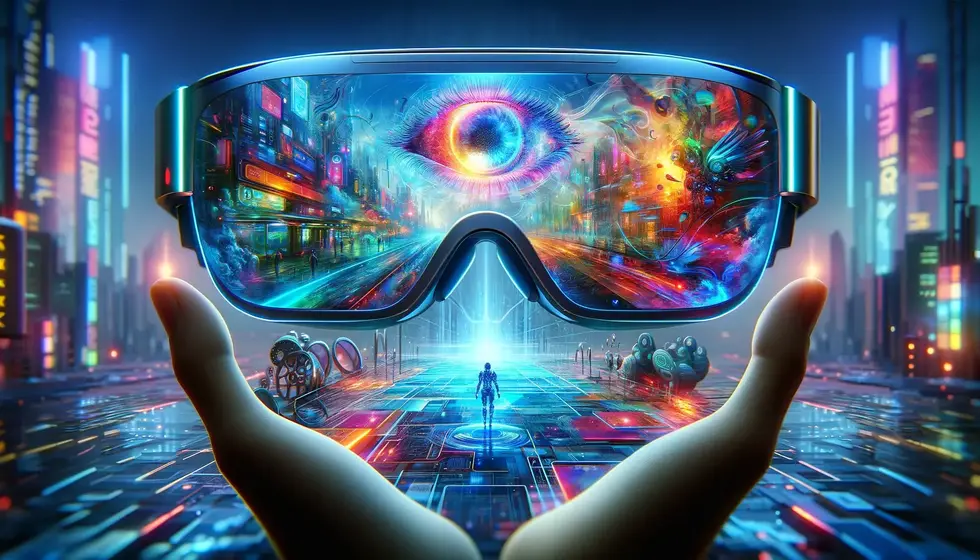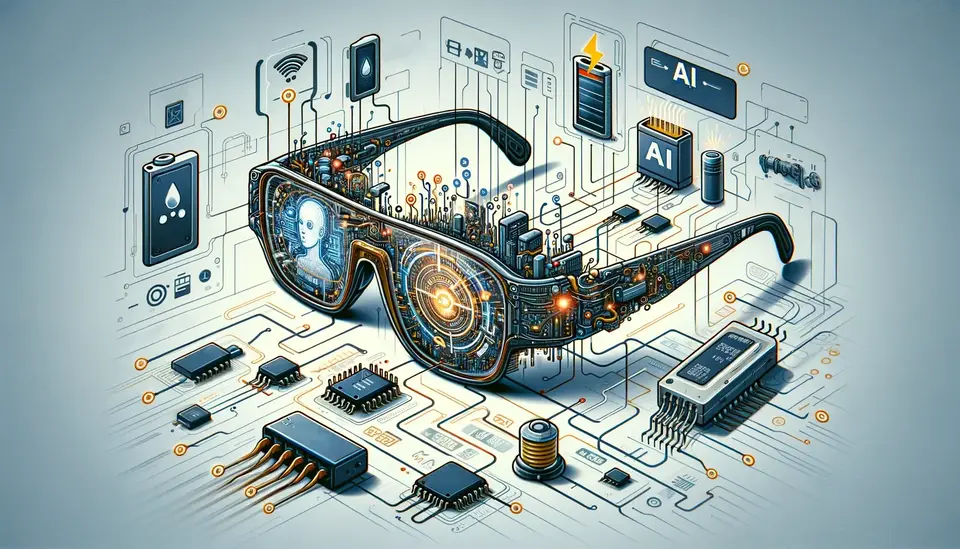15 Examples of the Use of Smart Glasses in Real Estate
Posted on March 28, 2023 4 minutes 824 words
Table of contents
- 1. Virtual Property Tours
- 2. Real-Time Property Information
- 3. Augmented Reality Staging
- 4. Remote Collaboration
- 5. Enhanced Neighborhood Exploration
- 6. 3D Property Modeling
- 7. Energy Efficiency Evaluation
- 8. Building Inspection and Maintenance
- 9. Property Valuation
- 10. Smart Home Integration
- 11.Training and Education
- 12.Enhanced Negotiation
- 13. Construction Progress Monitoring
- 14. Accessibility for People with Disabilities
- 15. Networking and Marketing
- Conclusion
Smart glasses , wearable devices that integrate augmented reality (AR) and virtual reality (VR) technology, are rapidly gaining popularity across various industries. The real estate sector is no exception, as professionals seek innovative ways to enhance the experience for realtors, homebuyers, and sellers. In this blog post, we will explore 15 examples of how smart glasses are revolutionizing the property business by offering immersive and interactive experiences.
1. Virtual Property Tours
Smart glasses enable potential buyers to take immersive virtual tours of properties, saving time and travel expenses. This technology allows clients to explore homes in 3D, offering a realistic experience that goes beyond traditional photos or videos. An example of a company that offers virtual property tours is Matterport, which provides 3D scanning services to create realistic virtual walkthroughs.
2. Real-Time Property Information
With smart glasses, clients can access instant property details during a tour, such as square footage, pricing, and other essential information. By simply looking at a property, users can access relevant data, making the home-buying process more efficient and informed.
3. Augmented Reality Staging
Smart glasses can be used to visualize furniture arrangements and interior designs within empty properties. This technology allows potential buyers to see how a space could look once furnished and decorated. Companies like roOomy provide AR staging solutions that help users envision their future home environment.
4. Remote Collaboration
Real estate agents can collaborate with clients remotely, offering virtual walkthroughs and consultations using smart glasses. This feature enables agents to provide personalized assistance and answer questions without being physically present. Remote collaboration can also streamline the decision-making process for clients located in different cities or countries.
5. Enhanced Neighborhood Exploration
Smart glasses can provide information about nearby amenities, schools, and transport links, giving buyers a better understanding of the local area. This technology can also highlight future development plans or zoning changes, offering a comprehensive view of the neighborhood’s potential.
6. 3D Property Modeling
Smart glasses can create accurate 3D models of properties for marketing materials and planning applications. These models can help agents showcase properties in greater detail, enabling clients to visualize spaces more effectively. Companies like GeoCV specialize in creating detailed 3D models for real estate purposes.
7. Energy Efficiency Evaluation
Smart glasses can analyze a property’s energy efficiency, helping buyers make informed decisions about energy costs and environmental impact. This technology can calculate energy consumption and suggest improvements, enabling clients to choose eco-friendly homes and plan for potential upgrades.
8. Building Inspection and Maintenance
Smart glasses can assist in identifying potential issues during property inspections, such as structural problems or water damage. By overlaying digital information onto the physical environment, inspectors can quickly pinpoint areas of concern and document findings for future reference.
9. Property Valuation
Smart glasses can access real-time market data to provide accurate property valuations for both buyers and sellers. By incorporating recent sales and local market trends, smart glasses can help users determine fair market value and negotiate effectively.
10. Smart Home Integration
Smart glasses have the potential to control and monitor smart home systems, such as lighting, heating, and security. This integration can offer a seamless experience for homeowners and make property management more efficient.
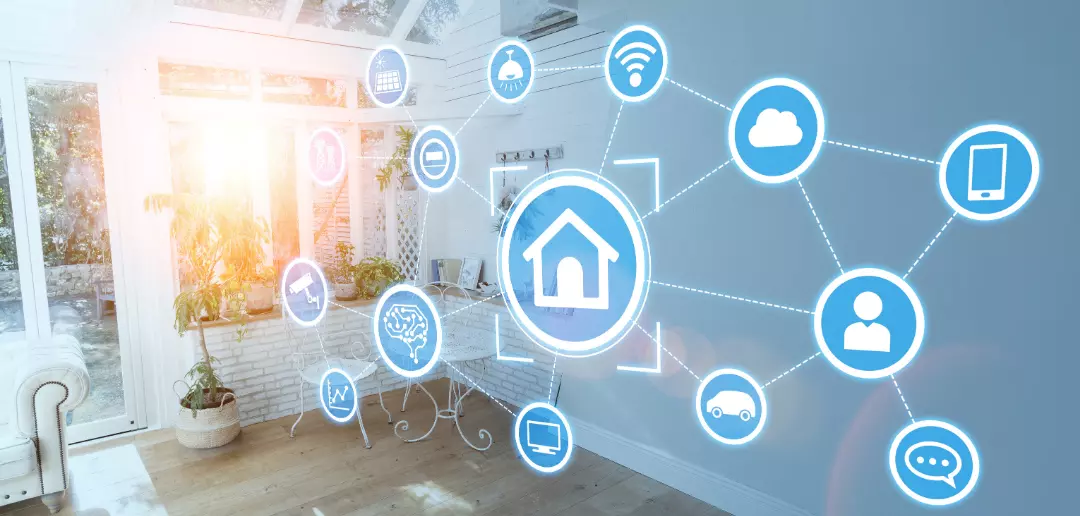
11.Training and Education
Smart glasses can be used to train new real estate agents, providing immersive, hands-on learning experiences. For instance, trainees can virtually shadow experienced agents during property tours, gaining valuable insights without disrupting the client experience.
12.Enhanced Negotiation
Smart glasses can facilitate remote negotiations between buyers, sellers, and agents, with real-time data and communication tools. By accessing relevant information and staying connected, all parties can make informed decisions and expedite the negotiation process.
13. Construction Progress Monitoring
Smart glasses can be used to monitor the progress of construction projects, ensuring timely completion and quality control. By providing real-time updates on-site, project managers and stakeholders can identify potential issues and make informed decisions. This technology also allows for remote site visits, reducing travel time and costs.
14. Accessibility for People with Disabilities
Smart glasses can improve accessibility for people with disabilities, allowing them to navigate properties and access information more easily. For example, users with visual impairments can receive auditory descriptions of spaces, while those with mobility challenges can virtually explore properties without physical barriers.
15. Networking and Marketing
Smart glasses can be used at industry events and conferences for networking, showcasing properties, and offering virtual experiences to potential clients. By demonstrating cutting-edge technology, real estate professionals can differentiate themselves from competitors and engage clients in new, immersive ways.
Conclusion
The use of smart glasses in the real estate industry presents numerous advantages, revolutionizing the property buying and selling experience. As the technology continues to advance, we can expect even more innovative applications that will reshape the industry. By embracing the potential of smart glasses, real estate professionals and clients alike can benefit from enhanced experiences, increased efficiency, and better-informed decision-making.

